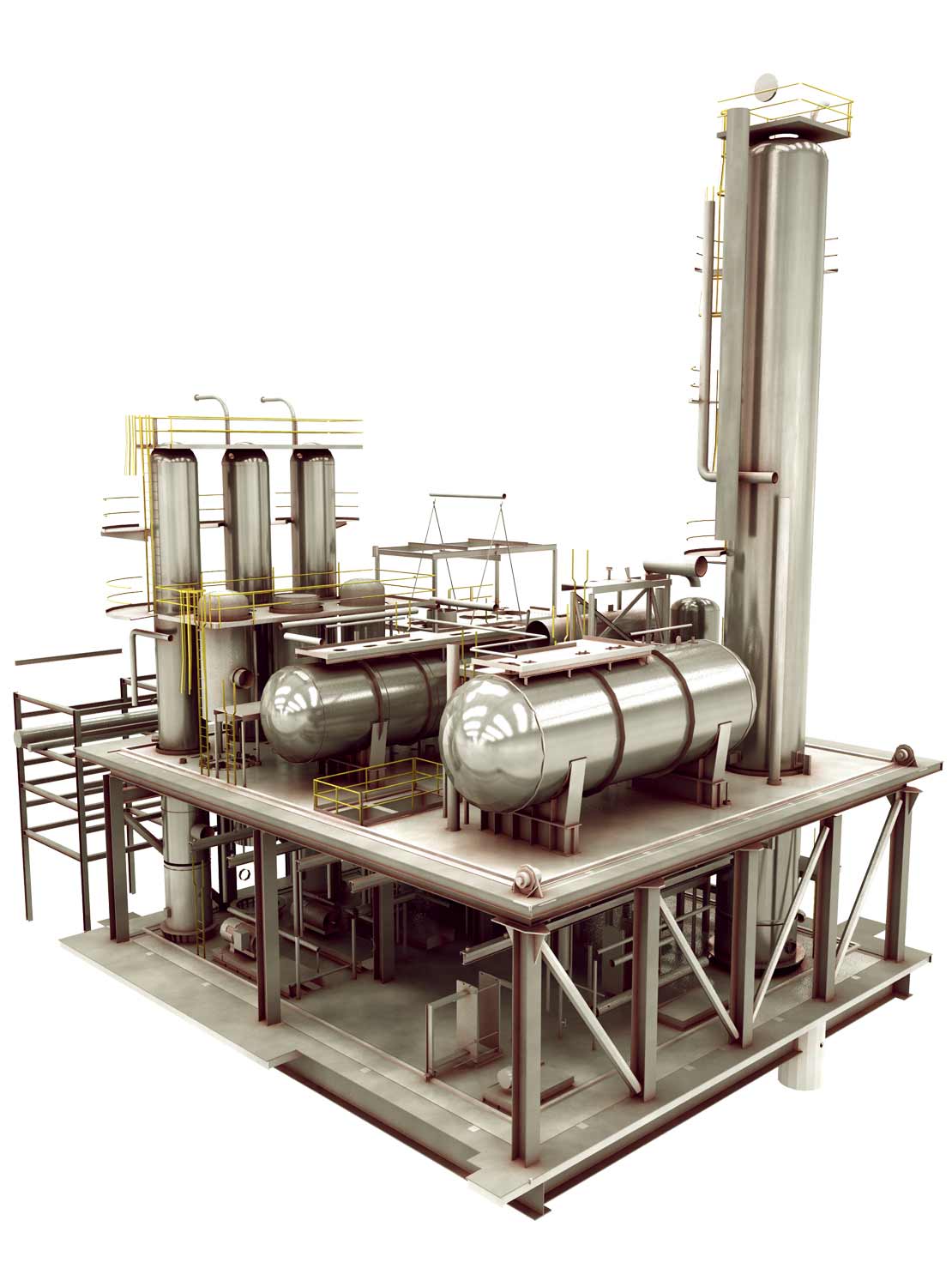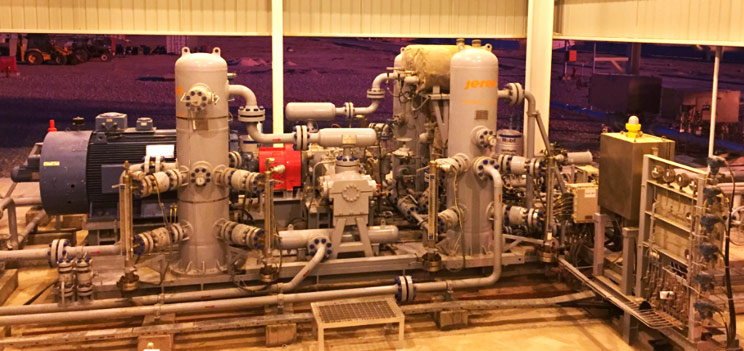

The rapidly increasing worldwide demand for natural gas as an energy source requires expertise in gas engineering technology, which involves several production operations such as dehydration, acid gas removal, recovery of natural gas liquids and the production of liquefied natural gas. In addition, one involved in such industry needs to be familiar with different gas sources, specifications, storage requirements, transportation and distribution.
This short course is designed to give the attendants the fundamentals of natural gas conditioning and processing including some of the details of the process. Specifically, by attending this course you will:
Technical and non-technical personnel involved in the activities of natural gas industry. Specifically, technical, operations and maintenance personnel who had limited exposure to this area, or professionals involved in other areas of the gas industry who require a comprehensive overview of natural gas processing will find this course ideally suited for them.
Day 1:
Day 2:
Day 3:
Day 4:
Day 5:
Sulfur recovery unit
Molten sulfur solidification methods
Operational Problems and how to overcome
Important aspects in dealing with sulfur
Safety considerations in SRU
Sour Water Stripping:
CDGA attendance certificate will be issued to all attendees completing minimum of 75% of the total course duration.
| Code | Date | Venue | Fees | Register |
|---|---|---|---|---|
| PE150-02 | 26-04-2026 | Muscat | USD 5450 | |
| PE150-03 | 26-07-2026 | Dubai | USD 5450 | |
| PE150-04 | 25-10-2026 | Riyadh | USD 5450 |

This course will provide participants with the necessary knowledge to demonstrate the principles of pipeline operation and maintenance in a mechanical and technological environment. This course has b ...

When oil or gas is being produced the reservoir pressure reduces. At a certain point in time it can happen that the pressure in the reservoir becomes too low for production and artificial lift and pum ...
Providing services with a high quality that are satisfying the requirements
Appling the specifications and legalizations to ensure the quality of service.
Best utilization of resources for continually improving the business activities.
CDGA keen to selects highly technical instructors based on professional field experience
Since CDGA was established, it considered a training partner for world class oil & gas institution
3012, Block 3, 30 Euro Business Park, Little Island, Co. Cork, T45 V220, Ireland
Mon to Fri 09:00 AM to 06:00 PM
Contact Us anytime!
Request Info